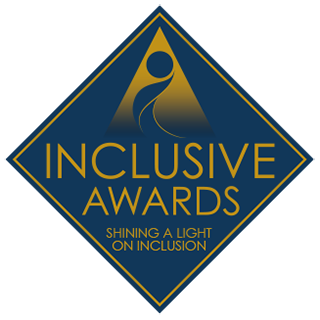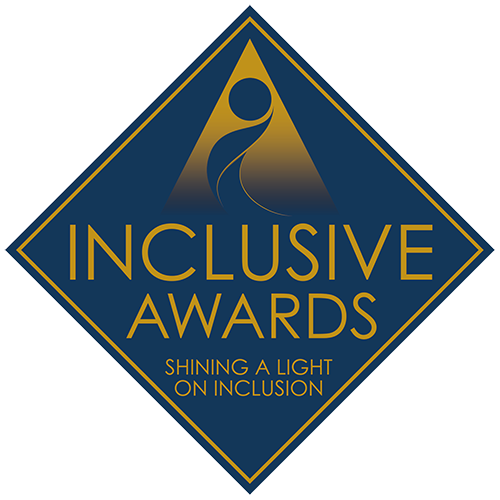The National Association of Disabled Staff Networks (NADSN, https://www.nadsn-uk.org/), which is currently celebrating its tenth anniversary, has achieved much in bringing together and amplifying the voices of disabled people. Since 2014, NADSN has focused to advance disability inclusion within the tertiary education sector and now has members from over 100 universities across the UK (along with other public, private, social, and voluntary organisations).
Led by its directors, steering committee and regional leads, NADSN has worked to advance the aims of:
• Promoting disability equality and campaigning for disabled staff networks to be supported in the workplace.
• Promoting the interests of disabled staff on a national level.
• Challenging stereotypes by endorsing the Social Model of Disability, promoting a positive image of disabled people and eliminating the deficit/medical model.
• Organising and delivering accessible events that can bring disabled staff and disability equality allies together.
• Creating regional hubs to make it easier for members to meet each other.
• Supporting relevant research projects, policies and guidance for disabled staff, managers, institutions of tertiary education (HEIs and FEIs) and Government agencies.
• Linking with disabled students, particularly at postgraduate and doctoral levels.
NADSN held a celebration event at the University of Greenwich in December 2024, where the opportunity was taken to consider the impact it has had over the past decade, our story so far, what we’ve achieved together and how we want to build on this going forwards as a community.
The work of NADSN members has led to positive progress in many ways. For example, by:
• Establishing sub-groups to cover specific themes. These include the STEMM Action Group, which works to further inclusion and understanding within science, technology, engineering, mathematics and medicine, with more disabled people positively considering careers in these industries.
• Recognising intersectionality, we have introduced the Disabled Women in Academia Network. We also have a network for blind and visually impaired academics and postgraduate researchers, and a neurodivergent network.
• Contributing and responding to public consultations on themes that impact disabled people. Most recently this included the consultation on mandatory disability and ethnicity pay gap reporting.
• Providing input into international research, such as Disability Matters and the Wellcome Anti-Ableist Research Cultures projects both funded by Wellcome and led by the University of Sheffield.
• Supporting national and regional events to promote and celebrate Disability History Month and the UN Convention on the Rights of Persons with Disabilities (CRPD).
In moving to a more formal structure, in 2023 NADSN became a community interest company (CIC). This move is one that recognises the growing impact and influence that NADSN holds within and beyond the education sector.
NADSN has built an international reputation and has successfully supported the introduction of disabled staff networks in other countries, including Canada and Norway. If successful in its nomination for an award, NADSN will strive to do more at a global level. We recognise that many countries do not have the benefit of active staff networks.



